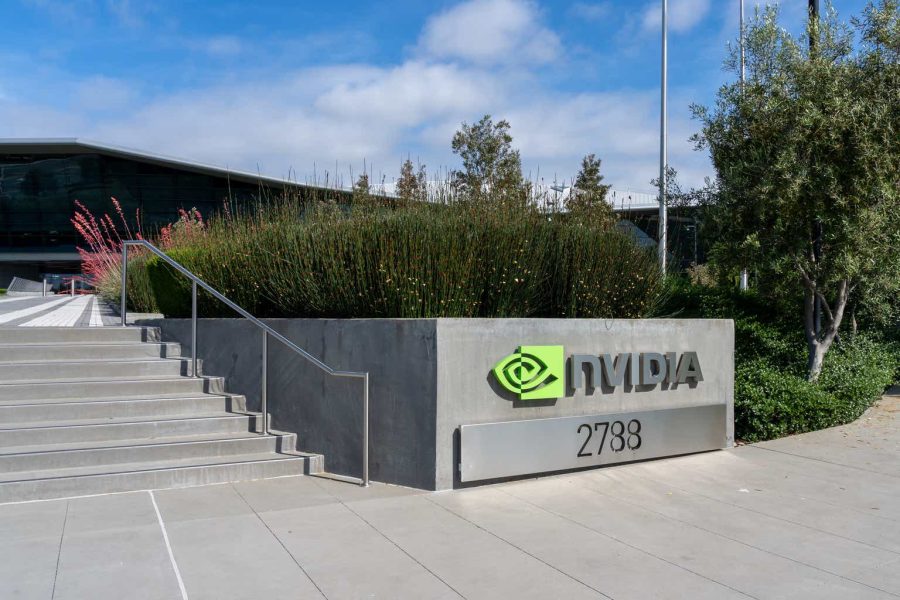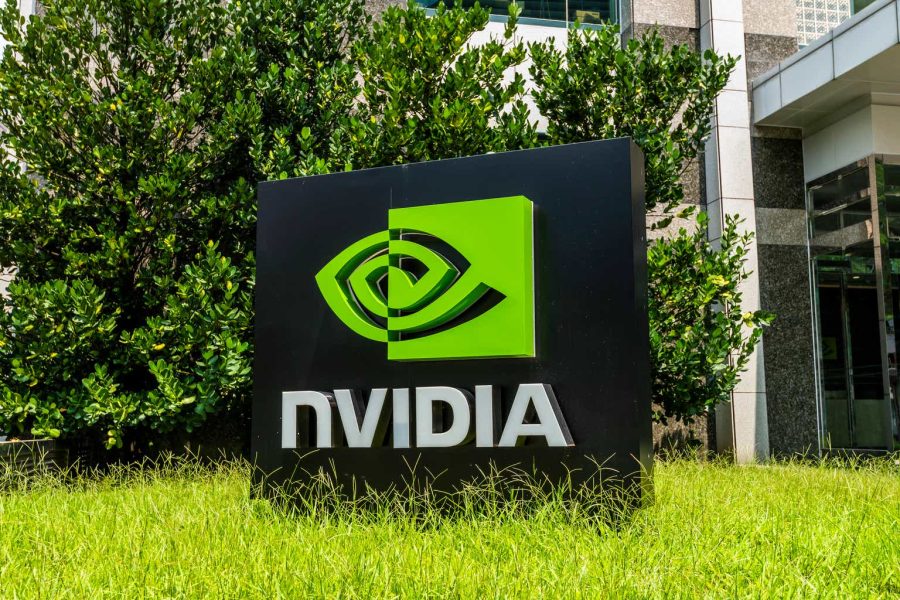September 8, 2024 S&P 500 In Freefall: Is This The End Of The Bull Market?
September 6, 2024 Jobs Report Spotlight As Fed Weighs Rate Cut Decision
August 26, 2024 NVDA Earnings Report Insights
August 22, 2024 Massive U.S. Job Growth Revision Shakes Economy And Markets
Nvidia: The Blackwell Delay And Its Consequences
Nvidia Q2 Offers Several Clues To Sustainable Growth Ahead
The Power Of Expectations: Nvidia’s Earnings And The Market Reaction
April 23, 2024 Maximizing Profits: When is the Right Time to Sell Your Business?
April 12, 2024 Improve Your Financial Status: A How-To Guide
April 12, 2024 How ZIM Integrated Container Tracking is Revolutionizing Global Trade
March 15, 2024 6 Best Growth Stocks To Buy Now According to Metatrader 5
Google Battles US Justice Department Over Dominance in Online Search
September 12, 2023
Google vs. US Justice Dept.: The Fight Over Online Search Power
The antitrust trial against Google (GOOG, GOOGL), the most substantial of the contemporary digital era, commences today in court. This lawsuit emanates from the Trump administration’s rigorous regulatory stance against Big Tech, a policy that has remained in place under President Biden. Expected to extend over two months (prior to any appeals), Alphabet, Google’s parent company, confronts additional litigation concerning competitive practices in Europe. Moreover, it faces a separate challenge in the U.S. concerning its advertising technology operations.
The Plaintiff: The Department of Justice
The U.S. Department of Justice (DOJ), as the plaintiff, will contend that Google’s monopoly was not established through innovation. Instead, it was a product of exclusive contracts and arrangements that established it as the default search engine on mobile devices and internet browsers. The DOJ asserts that these “bad acts” and “illegal means” drastically inhibited or eliminated opportunities for competitors to thrive. The strategy obstructed potential paths competitors could have utilized to engage consumers. These exclusionary provisions are said to have allowed Google to control 90% of web search traffic, facilitated by its contracts to attain that commanding position.
The Defendant: Google
Defending itself, Google’s legal team will argue that contracts forged with entities like Apple (NASDAQ:AAPL), Samsung (OTCPK:SSNLF), Firefox, and Verizon (NYSE:VZ) were non-exclusive. These agreements didn’t restrict people from seeking out other search engines. Google’s defense will also claim that their product offers a superior user experience, focusing on specific definitions and a wider perspective on web traffic. They point out that numerous platforms, such as Amazon (AMZN) and Meta (META), also host search functions, and those companies are closely monitoring the courtroom proceedings.
Implications of the Trial
The unfolding trial will ascertain whether the U.S. government can successfully launch a monopoly case against Big Tech, following previous unsuccessful attempts against IBM (IBM) (dismissed in 1982) and Microsoft (MSFT) (settled in 2002). However, even if the government claims victory this time, it is not expected to result in a breakup or divestitures of Google. Instead, remedies might include the dissolution of Google’s exclusive search deals. The trial’s outcome will also have significant implications for the future of innovation, encompassing the extent of permissible data collection in the impending age of artificial intelligence and other emerging technologies.














